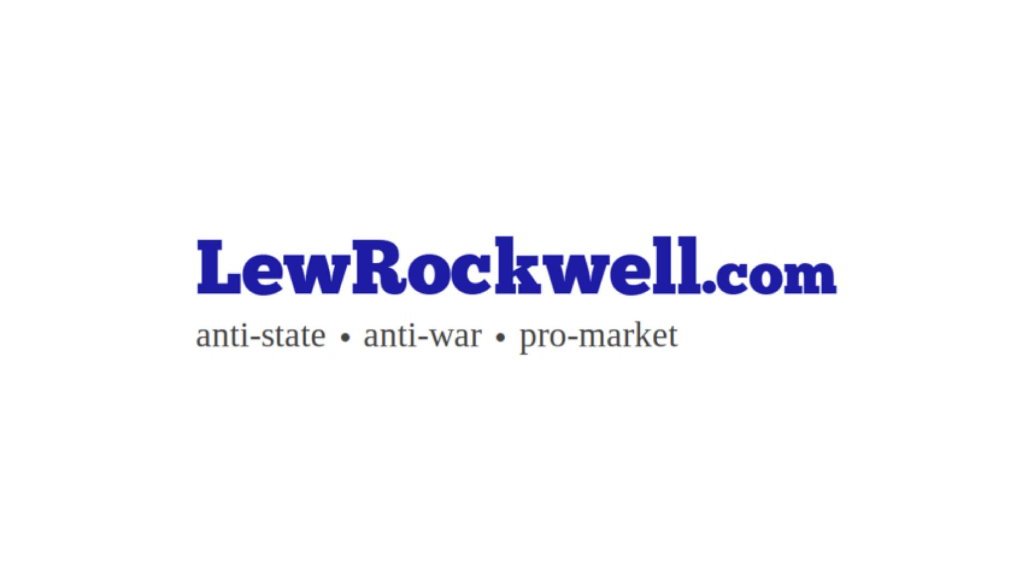Will Intergovernmental Institutions Withstand the End of the ‘American Empire’?
The upheaval we are witnessing with Trumpism affects the United States, its national relations, and the domestic politics of its allies. It may seem strange that European leaders would criticize the President of the United States for his policies at home, in violation of the principle of non-interference in the internal affairs of a foreign country. However, while they do not suffer from his reforms at home, they are enduring the unspeakable consequences they provoke at home. These are only just beginning.
The period we are experiencing, with the rapprochement between the United States and Russia, is shaking up the global political scene. In doing so, all intergovernmental institutions are being disrupted. It appears that some of them responded to an unofficial objective, which everyone was careful not to state publicly, but which has not stood the test of time. Others were pursuing actions contrary to their official objectives, which was not a problem when all their members were in agreement, but seems unbearable today. Ultimately, multilateralism, as it was practiced, was anything but multilateral.
The G7 and NATO are already broken
The political coordination of the “West” was ensured by the G7, a series of meetings at all levels, which developed a common discourse. However, during the virtual meeting of heads of state and government on February 24, 2025, US President Donald Trump refused to sign the final communiqué and threatened his partners with leaving the G7 if they published it without his agreement [ 1 ] .
For the past month, G7 meetings have been taking place without the United States. Thus, during the virtual meeting of national security advisers on March 28, in which Ukraine was involved, the American Michael Waltz did not participate [ 2 ] .
It is clear that there is no longer any political coordination from the “West.” Consequently, there is no longer any military coordination either.
The French and British, initially in competition, then by mutual agreement and consultation, have launched a series of meetings of allied heads of state and government. They seek to ensure the continent’s security under the French and British nuclear umbrellas. But, as it stands, this idea cannot work because the problem has been poorly framed.
Indeed, for the moment, they interpret the events as a shift of the United States’ armies from Europe to the Far East, while President Trump seeks to put an end to the “American Empire”, both by ideology – he is a Jacksonian [ 3 ] – and by necessity – he is managing the debt crisis [ 4 ] -.
In the allies’ hypothesis, it would be enough to increase the military spending of each to compensate for the US withdrawal, whereas, if it is a question of the end of “American imperialism” as I maintain, it is not so much the budget of the Atlantic Alliance as its mode of organization that is in question. Washington no longer wishes to assume command of the whole, but simply to show the way.
However, while European states and their Canadian, Australian, Korean, and Japanese allies all obeyed the United States, they did not get along with each other. The history of the European continent is an endless series of rivalries, conflicts, and wars, with the sole exception of the Roman Empire. At the time, populations submitted to Rome to protect themselves from invasions. After its fall, the Vikings and Mongols pillaged the continent. The empires of Charlemagne, Charles V, Napoleon, or Hitler never knew peace. Today, no imminent danger is forcing Europeans to unite. Hence the invention of a supposed Russian threat, as if the “Red Army” were preparing to parade on the Champs-Élysées.
Two weeks ago, on March 19, the RAND Corporation, the US military-industrial
Article from LewRockwell

LewRockwell.com is a libertarian website that publishes articles, essays, and blog posts advocating for minimal government, free markets, and individual liberty. The site was founded by Lew Rockwell, an American libertarian political commentator, activist, and former congressional staffer. The website often features content that is critical of mainstream politics, state intervention, and foreign policy, among other topics. It is a platform frequently used to disseminate Austrian economics, a school of economic thought that is popular among some libertarians.




